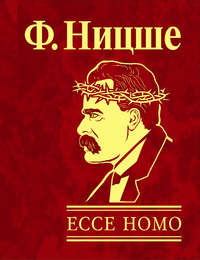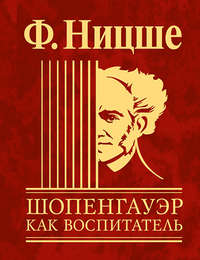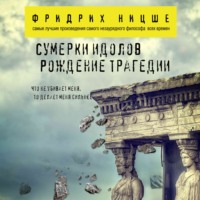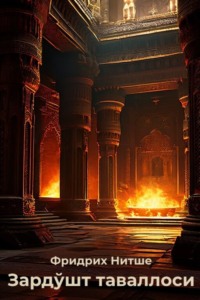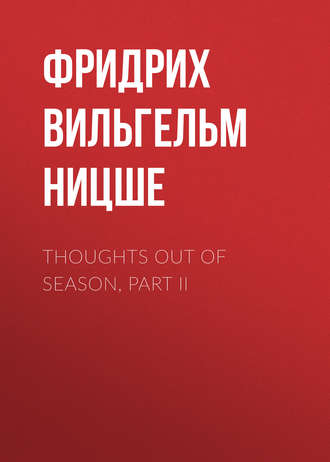 полная версия
полная версияThoughts Out of Season, Part II
But, after all, what does the life of a state or the progress of universities matter in comparison with the life of philosophy on earth! For, to say quite frankly what I mean, it is infinitely more important that a philosopher should arise on the earth than that a state or a university should continue. The dignity of philosophy may rise in proportion as the submission to public opinion and the danger to liberty increase; it was at its highest during the convulsions marking the fall of the Roman Republic, and in the time of the Empire, when the names of both philosophy and history became ingrata principibus nomina. Brutus shows its dignity better than Plato; his was a time when ethics cease to have commonplaces. Philosophy is not much regarded now, and we may well ask why no great soldier or statesman has taken it up; and the answer is that a thin phantom has met him under the name of philosophy, the cautious wisdom of the learned professor; and philosophy has soon come to seem ridiculous to him. It ought to have seemed terrible; and men who are called to authority should know the heroic power that has its source there. An American may tell them what a centre of mighty forces a great thinker can prove on this earth. “Beware when the great God lets loose a thinker on this planet,” says Emerson.3 “Then all things are at risk. It is as when a conflagration has broken out in a great city, and no man knows what is safe, or where it will end. There is not a piece of science, but its flank may be turned to-morrow; there is not any literary reputation, not the so-called eternal names of fame, that may not be revised and condemned… The things which are dear to men at this hour are so on account of the ideas which have emerged on their mental horizon, and which cause the present order of things as a tree bears its apples. A new degree of culture would instantly revolutionise the entire system of human pursuits.” If such thinkers are dangerous, it is clear why our university thinkers are not dangerous; for their thoughts bloom as peacefully in the shade of tradition “as ever tree bore its apples.” They do not frighten; they carry away no gates of Gaza; and to all their little contemplations one can make the answer of Diogenes when a certain philosopher was praised: “What great result has he to show, who has so long practised philosophy and yet has hurt nobody?” Yes, the university philosophy should have on its monument, “It has hurt nobody.” But this is rather the praise one gives to an old woman than to a goddess of truth; and it is not surprising that those who know the goddess only as an old woman are the less men for that, and are naturally neglected by the real men of power.
If this be the case in our time, the dignity of philosophy is trodden in the mire; and she seems herself to have become ridiculous or insignificant. All her true friends are bound to bear witness against this transformation, at least to show that it is merely her false servants in philosopher's clothing who are so. Or better, they must prove by their own deed that the love of truth has itself awe and power.
Schopenhauer proved this and will continue to prove it, more and more.
1
This was written in 1873. – Tr.
2
Physics and Politics, chap. v. Nietzsche has altered the order of the sentences without any apparent benefit to his own argument, and to the disadvantage of Bagehot's. I have restored the original order. – Tr.
3
Essay on “Circles.”



